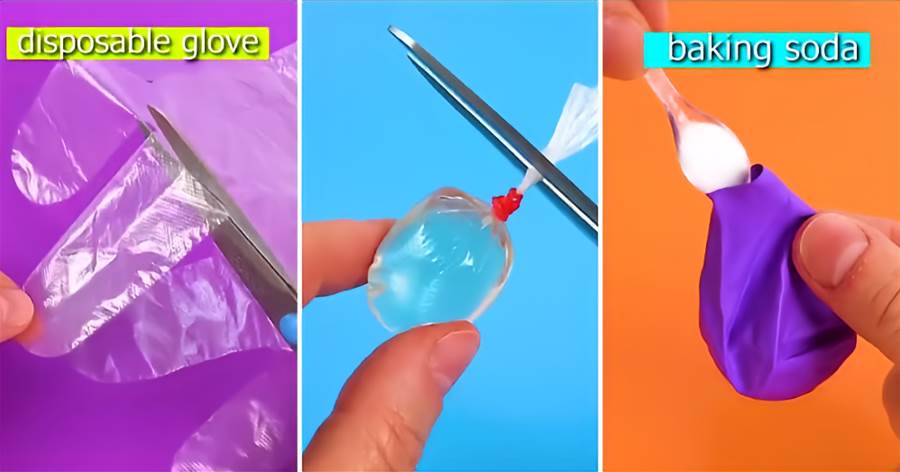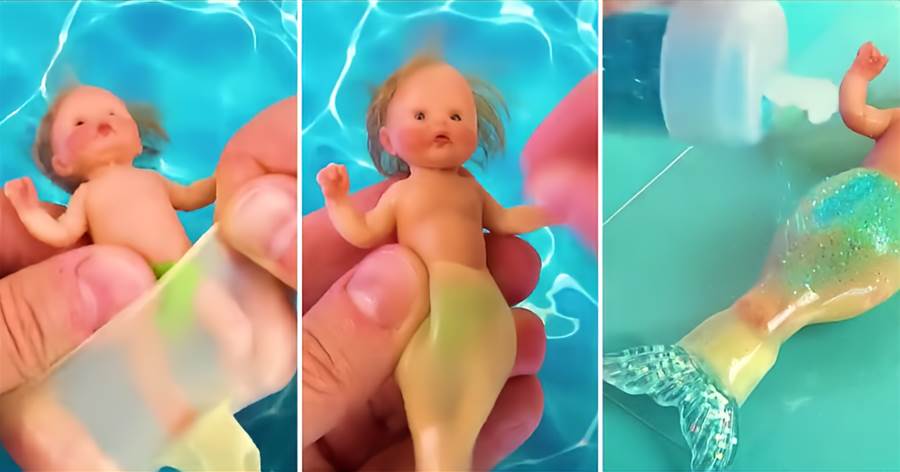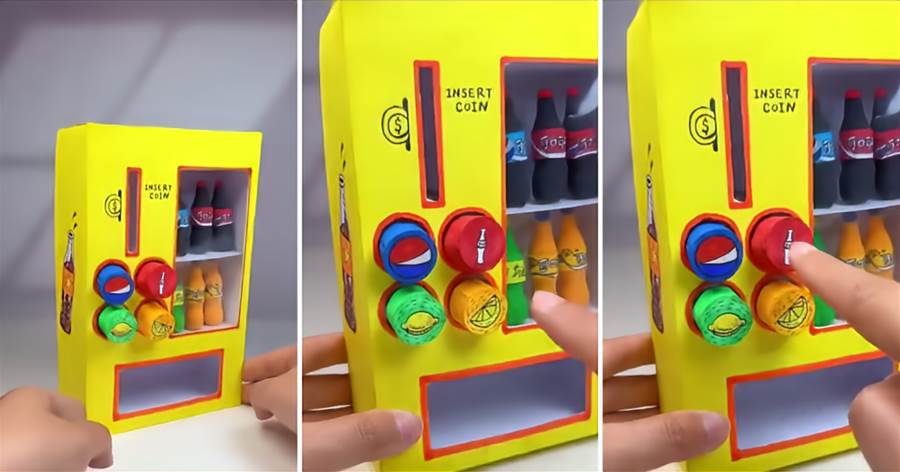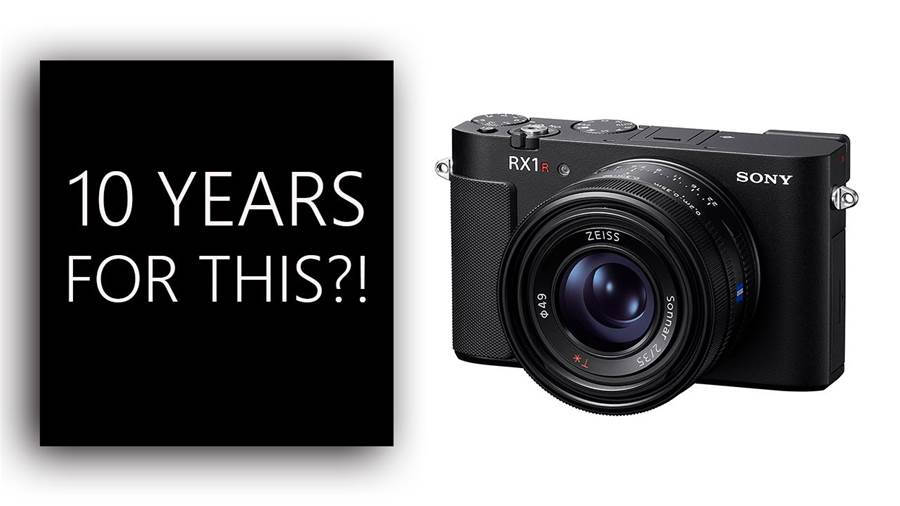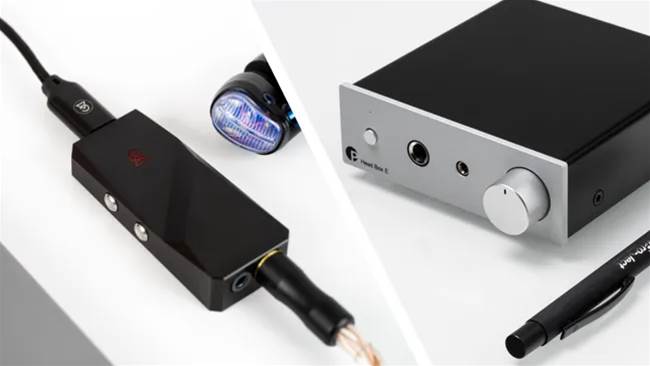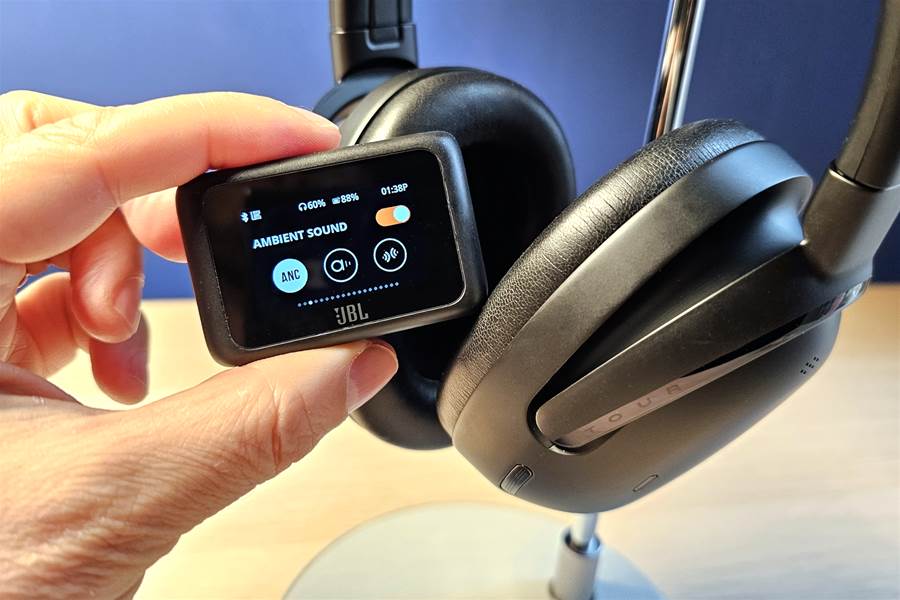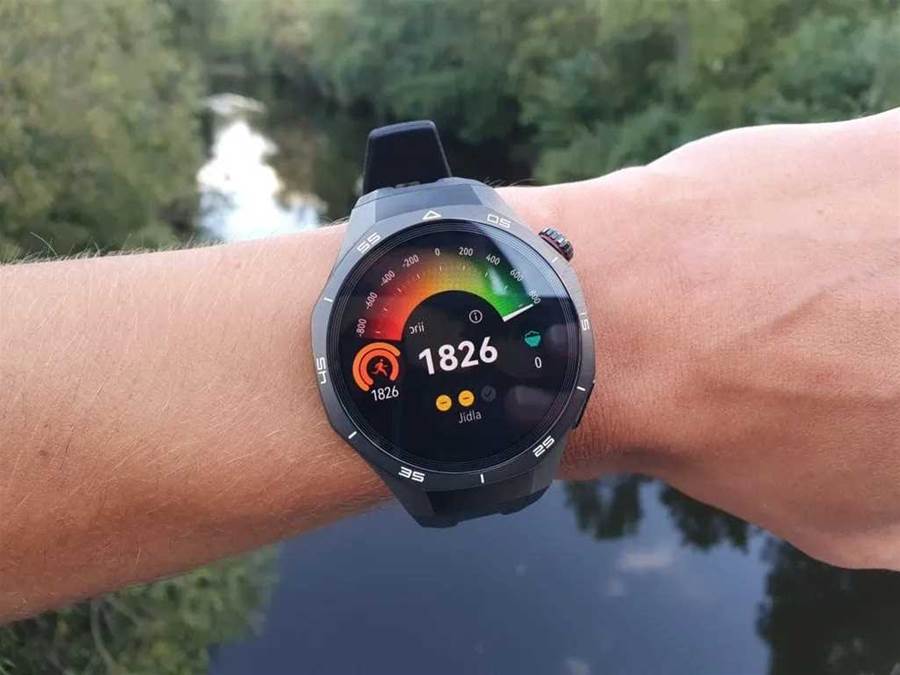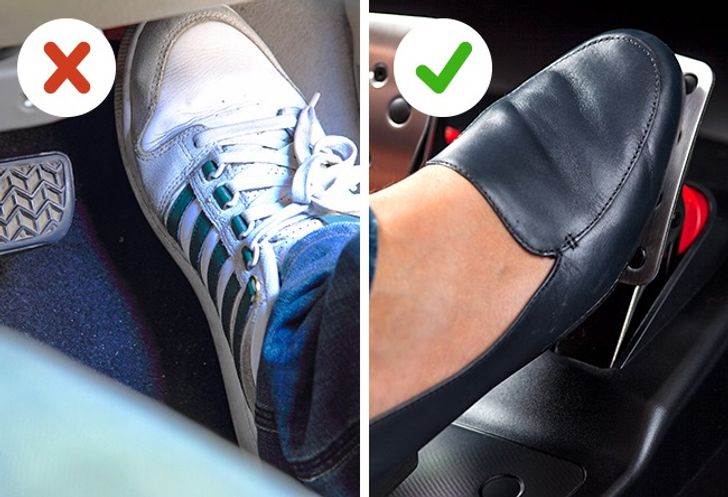
Regular car usage brings significant fuel expenses. Moreover, there is a direct connection between mileage and the frequency of maintenance services.
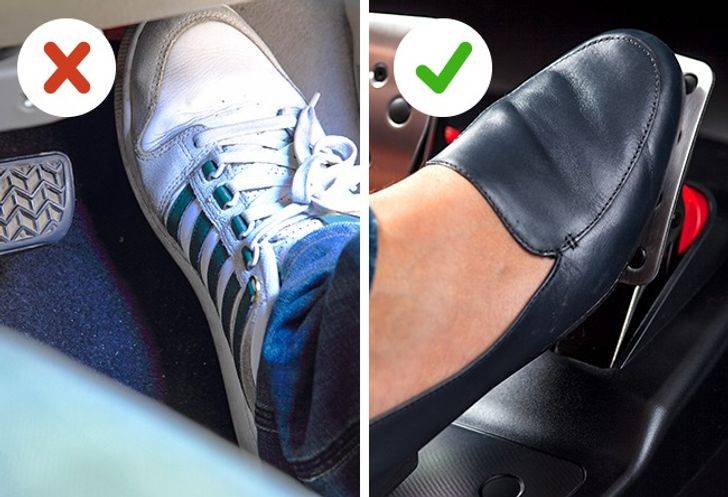
One sees a lot of drivers on the roads who just love to slam on the acceleration. But in driving school, we were told that acceleration and braking should be done smoothly because it guarantees reduced fuel consumption. When you accelerate sharply, it makes your car consume more energy, thus fuel consumption also increases.
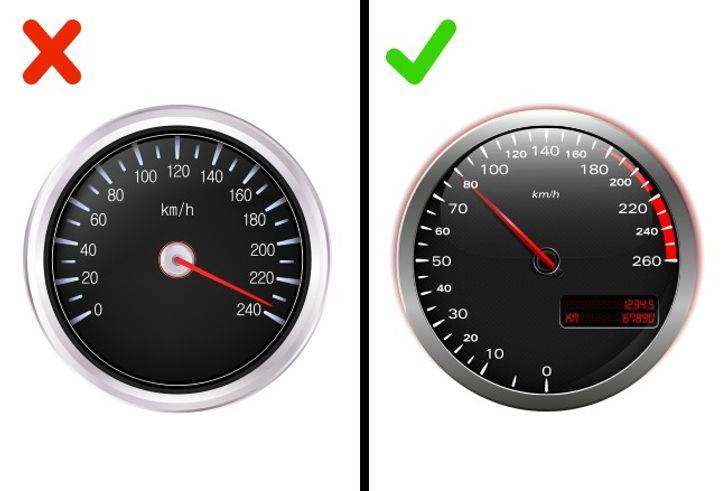
Your vehicle will consume much less fuel if you follow speed limits and use cruise control rather than accelerating on each open road section. To cope with wind drag, your car has to increase engine speed, increasing fuel consumption.
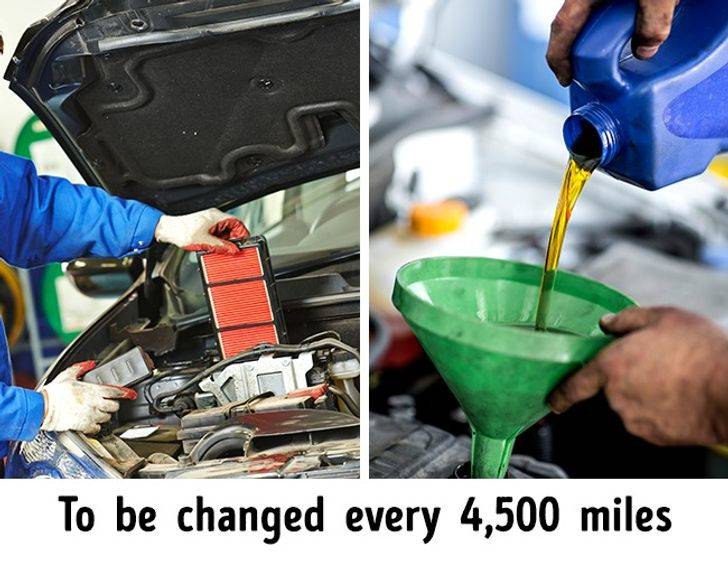
The oil filter and oil should be changed every 4,500 miles. Also, don’t forget to replace the plugs and air filter. To avoid additional expenses, do this on time. Otherwise, it can lead to engine failure and very expensive repairs.
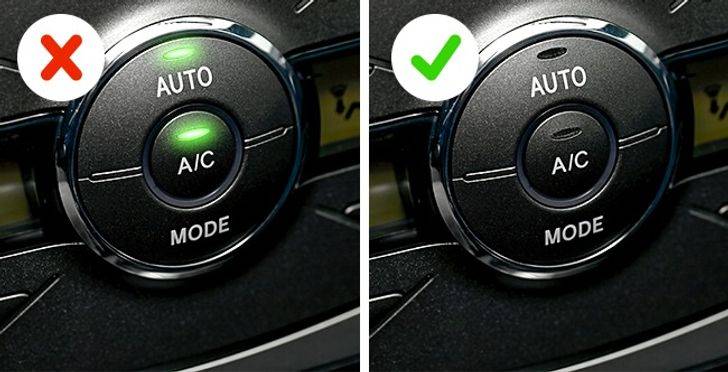
In this case, everyone must decide for themselves which is more important — comfort or fuel economy. With the air conditioner turned on
,fuel consumption increases by a lot. The other electrical appliances are not as fuel-hungry.
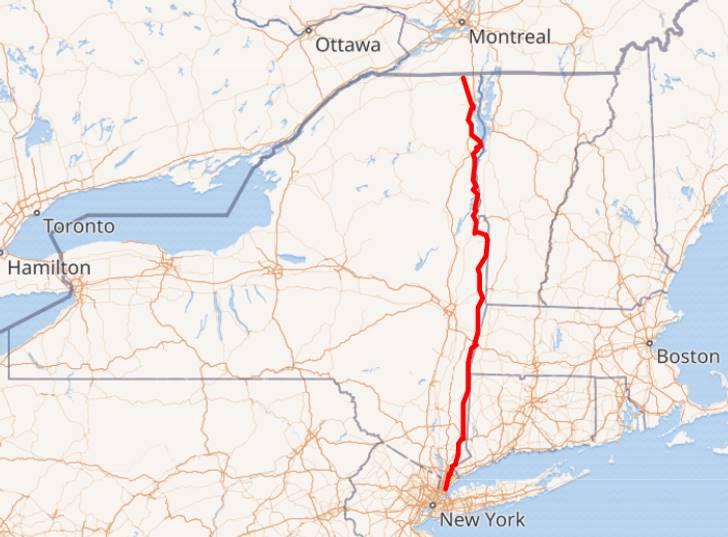
If you plan your route efficiently, it will help you to save on gas expenses, especially during the winter months. A cold engine will consume more fuel for the first 5 miles or so. Try to combine all your daily errands into one big trip so as not to warm up the engine a few times a day.
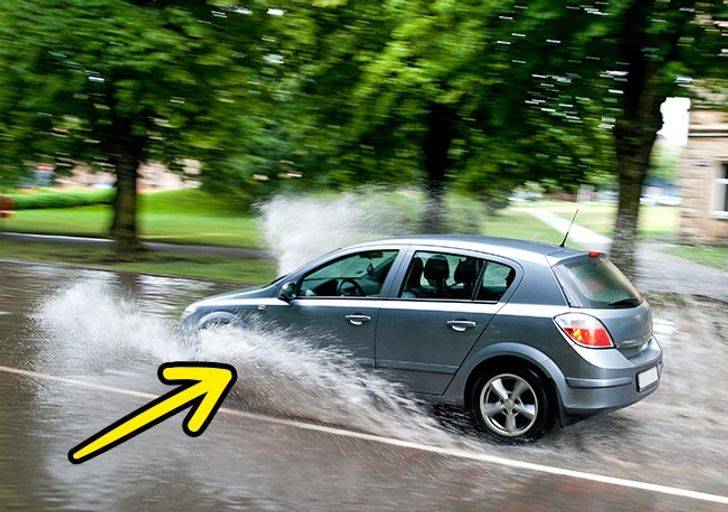
When it rains, there is a high risk of an accident. But apart from that, fuel consumption also gets higher. On dry days, the vehicle consumes a lot of energy when accelerating to cope with the wind drag. On rainy days, the water resistance on the road is even higher.
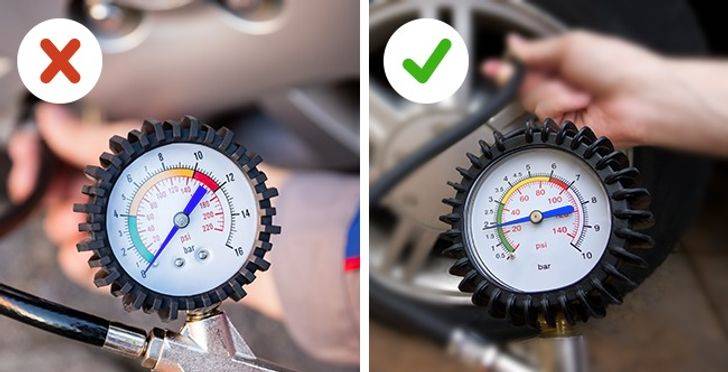
First of all, properly inflated tires provide an optimal braking path. Secondly, if the tires are underinflated by at least 0.1 atm, it can cause fuel consumption to increase by 2-3%. That is why it is so important to monitor the level of pressure in the tires and keep it in accordance with the recommended level, especially during cold weather.
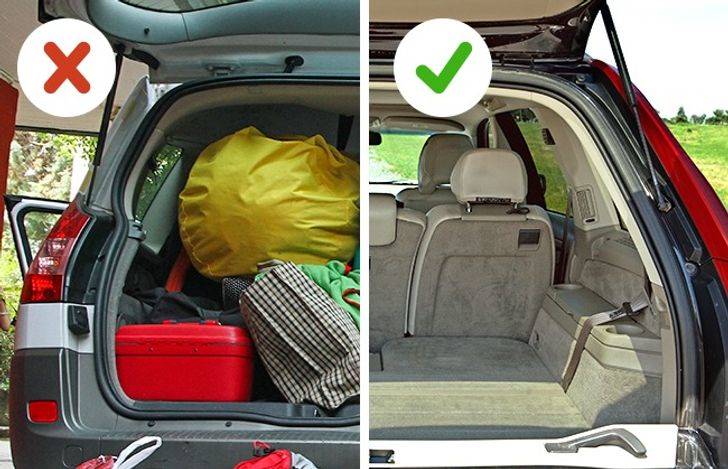
Some drivers prefer to carry everything in the car, regardless of whether they need it or not.
It is better to unload the trunk and keep only necessary things, such as a spare wheel, a tire jack, and cap keys. The more weight your vehicle carries, the more fuel it consumes.

